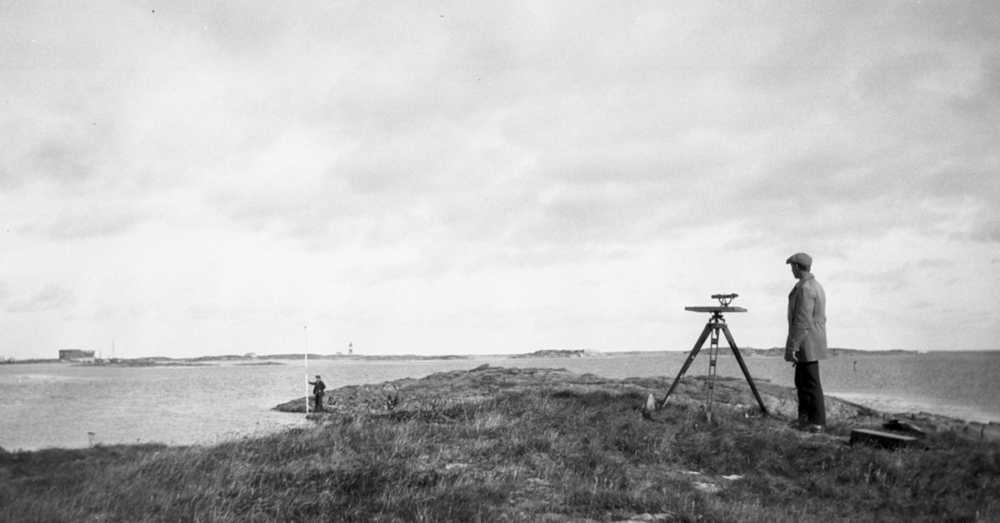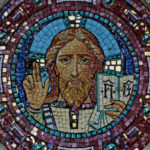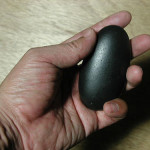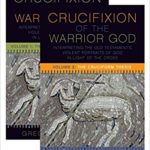We run our website the way we wished the whole internet worked: we provide high quality original content with no ads. We are funded solely by your direct support. Please consider supporting this project.
Did God Destroy Sodom and Gomorrah? (podcast)
Greg considers the destruction of Sodom and Gomorrah and speculates on the nature of the angels who were sent there.
Episode 597

Send Questions To:
Dan: @thatdankent
Email: askgregboyd@gmail.com
Twitter: @reKnewOrg
Greg’s new book: Inspired Imperfection
Dan’s new book: Confident Humility
Subscribe:
Category: ReKnew Podcast
Tags: Cross Vision, Crucifixion of the Warrior God, Cruciform Theology
Related Reading

The Centrality of Christ in Hebrews, Part 1
The intense Christocentricity that the New Testament writers embrace is nowhere more clearly and consistently illustrated than in the book of Hebrews. Throughout this work we find a repeated emphasis on the many ways the revelation given to us in Christ surpasses that of the Old Testament. The author begins by stressing how the revelation…

When the Law Demanded the Death Penalty
The Sinai covenant is significantly structured around violence. It motivates behavioral conformity by promising rewards and threatening violence. Without the threat of violence, the law looses its “teeth.” If the law is an acquiescence to sin, then the divinely sanctioned violence that is associated with it must also be considered an acquiescence to sin. The…

Reviewing the Reviews: Rob Grayson (Faith Meets World)
Well folks, Crucifixion of the Warrior God (CWG) has been out three weeks and it’s already in its third printing! That blows me away! Thank you!! We’re already getting deeply moving testimonies of how this book – or how messages about the book — are freeing people to better see and trust the beauty of…

Christ-Centered or Cross-Centered?
The Christocentric Movement Thanks largely to the work of Karl Barth, we have over the last half-century witnessed an increasing number of theologians advocating some form of a Christ-centered (or, to use a fancier theological term, a “Christocentric”) theology. Never has this Christocentric clamor a been louder than right now. There are a plethora of…

An Alternative to Biblical Inerrancy
As with all other theological issues, when it comes to affirming that Scripture is “God-breathed,” everything hangs on where one starts. A dominant strand of the Evangelical tradition started with the assumption that, if God is perfect, and if Scripture is “God-breathed,” then Scripture must also be perfect or “inerrant.” Other “progressive” evangelicals have responded by…

The Trinity and the Crucified God
God has always been willing to stoop to accommodate the fallen state of his covenant people in order to remain in a transforming relationship with them and in order to continue to further his sovereign purposes through them. This is revealed in the life and death of Jesus. Out of love for humankind, Jesus emptied…



